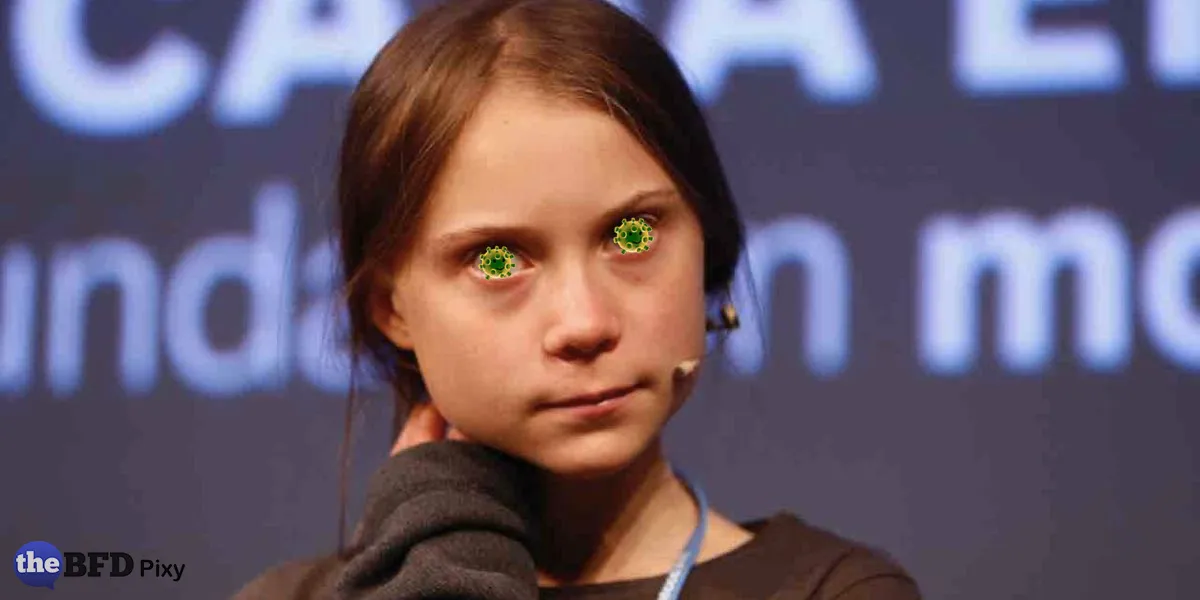Table of Contents
First, it was “global warming”, then it became “climate change”. Next minute, it was “dangerous climate change”, then “climate emergency” and “climate crisis”. If you’re bewildered and frightened by all this linguistic prestidigitation, then it’s doing its job. Because scaring the pants off you and stopping you from thinking rationally is the whole point.
The people behind this stuff know exactly what they’re doing.
During my time with Extinction Rebellion’s media and messaging team, where we worked out what language would most influence people, we chose and popularized the terms “climate emergency”, “net zero”, “climate and ecological crisis”, “mass extinction”, and “tipping points” and the phrase “system change, not climate change,” among others.
As Orwell pointed out, in The Principles of NewSpeak, how we use language goes a long way in shaping how we think. Don’t think the people who want to rule you haven’t cottoned on to that.
Language can make us think differently about things, and activists are great at using it to achieve their aims. Within a few months of our team pushing the new terminology, governments around the world declared climate emergencies and set net zero targets, newspapers announced that they would use less passive language when reporting on climate change and use the terms “crisis” and “emergency” instead of “climate change”. Even Scientific American published an article explaining why it decided to adopt the term “climate emergency”.
It’s all been successful beyond the activists’ wildest dreams. And that’s the biggest problem. If Kate Hannah and her cronies were really serious about “combating harmful misinformation”, they’d shut down climate activists.
Activists who popularized the terms intended to alert and alarm people, even to worry and frighten them. How does that solve any of the world’s problems? People were quick to adopt the language, but few asked whether it was the best language to adopt.
It should be concerning that the language we now use to describe important global issues comes from a small group of activists who believe that humankind is doomed, who often fear technological solutions and suffer from technophobia, and who also believe in degrowth and long-debunked theories of “overpopulation”. It came from the same activists who tell stories of three-eyed fish to shut down nuclear power plants, misinform people against life-saving genetically modified organism technologies, and scare parents against vaccinating their children.
The crux of it is that NGOs and activists, and too many scientists, many of them funded with our own taxes, are determined to use scary stories to bludgeon us into obedience. They’re not even hiding it. This is from hugely influential climate botherer, Stephen Schneider: We have to offer up scary scenarios, make simplified dramatic statements and make little mention of any doubts we may have.
Unfortunately, much of the language and storytelling used has been dystopian, frightening and against scientific consensus.
The crux of the issue is that the ideology behind the words that alert and alarm us is the belief that humans are bad, that we got it wrong, and that we are to blame for environmental destruction, which we will be punished for […]
But this is all a lie fueled by clever activist messaging. In fact, humankind has never had it so good, and while we have created some problems, they can be solved.
Humans are programmed by millions of years of evolution to pay more attention to bad news. This is called “negativity bias”, and it worked well for foraging hominids on the African savannah. When Ook screeched that the motion in the grass over there was a hunting lion, the payoff for listening when he was right was enormous: not being eaten. The payoff for listening when he was wrong was just sitting in a tree, looking a bit foolish.
But in a modern, industrialised, high-tech society, the payoff for listening to false alarms is not so benign.
Doomerism is not going to solve climate change, end poverty or tackle air pollution […]
When we think of the future we want to build and the world we want our children to inherit, we need to use language that points to solutions and to ensure that the ideology behind the language is not technology-averse or apocalyptic. With such language, we can move away from dystopian visions of the future and instead tell better stories – about our past as well as the future. Yes, we made some mistakes, but we also escaped poverty and we can continue to make the world a better place.
Human Progress
People running around like headless chickens in blind panic rarely make good decisions. But, instead of cool-headed, rational decision-making, activists, NGOs, politicians and their pet scientists, are bellowing “How dare you!” and spooking us all into headlong panic.
It’s not going to end well.









